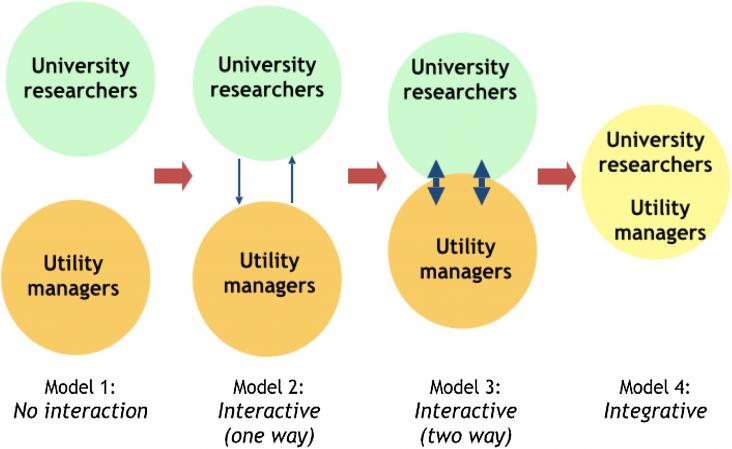The detection of pharmaceuticals and endocrine disrupting compounds (EDCs), known as emerging contaminants (ECs), in the environment has attracted growing concern due to their toxicity and potential h

In the face of intensifying stresses such as climate change, rapid urban population growth, land use change, and public concern with rates and use restrictions, water management is becoming increasing
Ensuring future water security requires broad community support for changes in policy, practice, and technology, such as those involved in delivering alternative water schemes.
Increases in water treatment technology have made water recycling a viable engineering solution to water supply limitations.

The sustainability of urban water systems is often compared in small numbers of cases selected as much for their familiarity as for their similarities and differences.
Combined Sewer Overflow (CSO) infrastructure are conventionally designed based on historical climate data.
Low-cost by-products from agricultural, household and industrial sectors have been recognized as a sustainable solution for wastewater treatment.
Most scholars would agree that the goal of business is to create value. Yet, can there be anything more valuable than peace?
Access to clean and stable energy is a major challenge for many developing African countries. This research aims to investigate ways in which financing renewable energy projects (REPs) can help to address this problem and therefore SDG7. The authors propose the promotion of the two-hand renewable energy service company (ESCO) model as an efficient financial vehicle for increasing sustainable economic development through the production of reliable and stable electricity in semi-urban and rural communities.
Global and regional health effects of future food production under climate change: A modelling study
Background One of the most important consequences of climate change could be its effects on agriculture.
